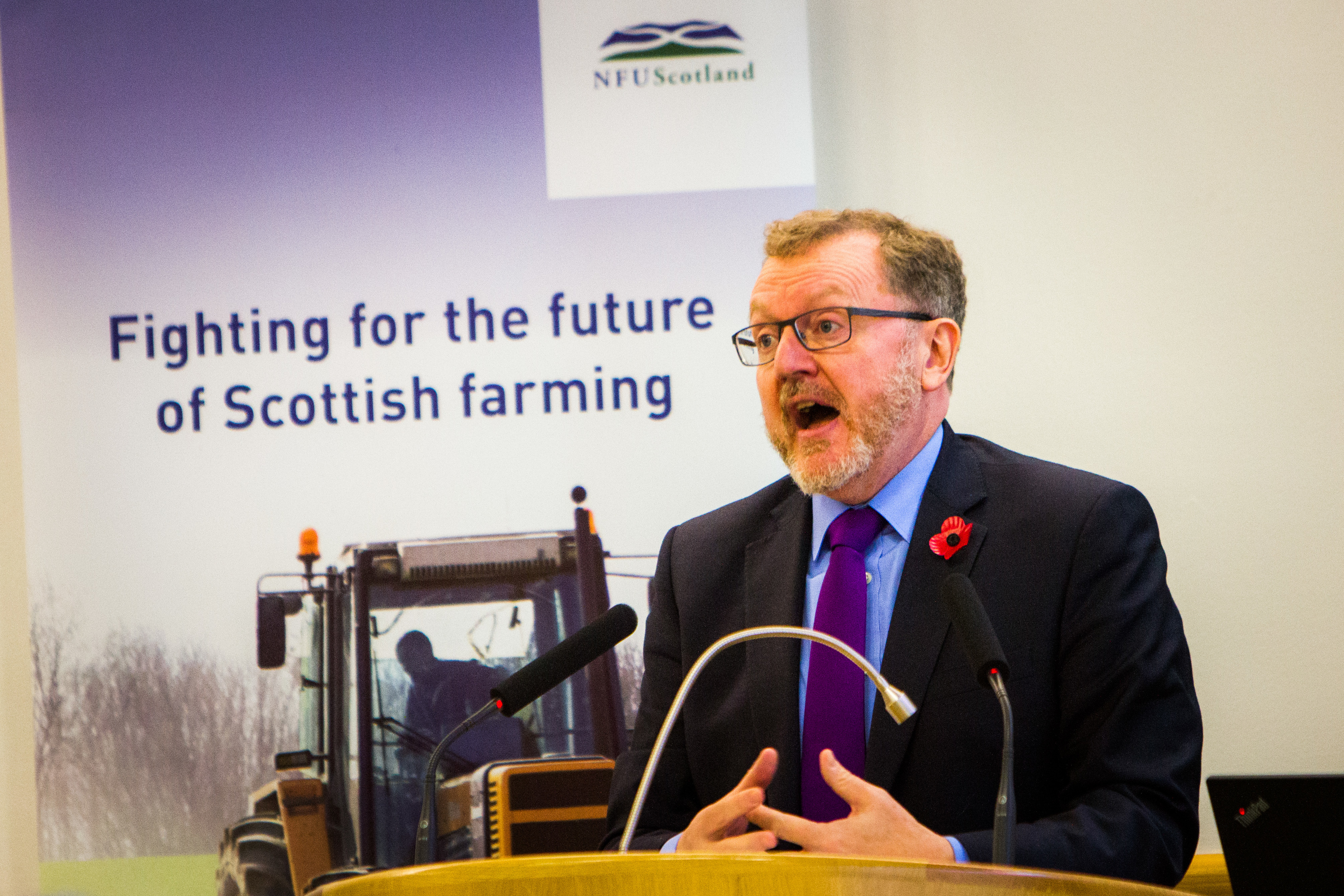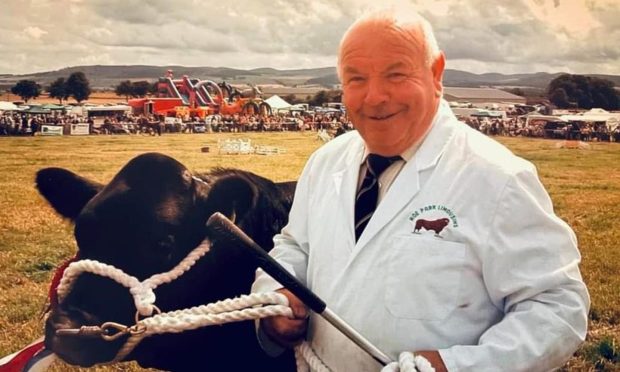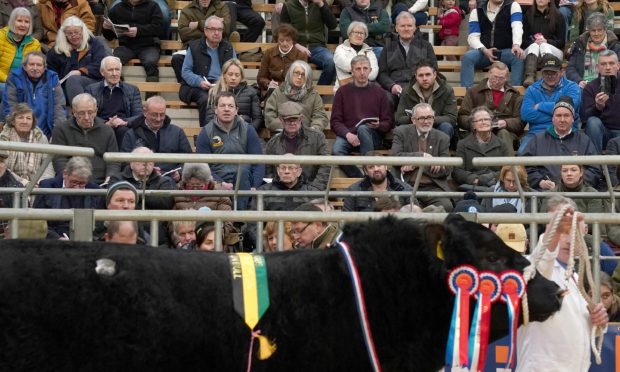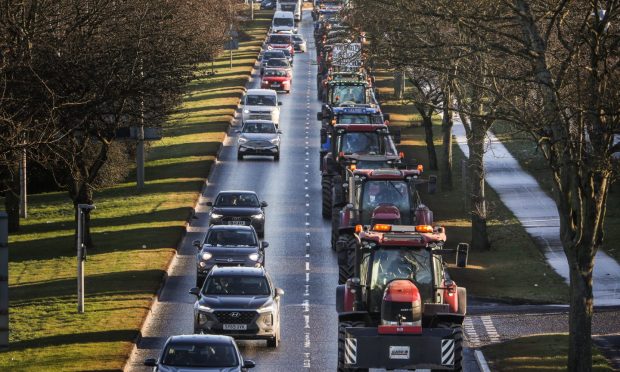Scottish farmers have been left under no illusion that they are fighting for their post-Brexit financial future.
Scottish Secretary David Mundell warned delegates at NFU Scotland’s autumn conference at Battleby, near Perth, that unless the industry argued a strong case in the forthcoming negotiations, others, who didn’t have their best interests in mind, would do it instead.
And while he welcomed the publication of the union’s initial views on Brexit, he insisted the industry needed to continue to make the case and secure the best deal for the farming community.
“And you need to make it loudly,” he said.
“You need to tell us what you want and don’t want and you need to tell the public too.
“If we get it right, farming will emerge into the next decade as a sector full of opportunities, many of which will be new opportunities abroad.
“And yes that does mean access to EU markets.
“This will be the first topic discussed when the Scottish Government meets with the UK Government and other devolved administrations in early November.”
Mr Mundell said he backed the continuation of financial support for the industry and said a replacement for the CAP was a priority, although it was too soon to say what the eventual support system would look like.
“I’m personally in favour of continuing farm support, but the case has to continue to be made for that.
“The public doesn’t necessarily automatically form a view that there should be farm support and they don’t associate the price they pay in the supermarket with farm support.
“Even in rural areas people do not understand the effect it has on the
economy so it needs to be part of an ongoing campaign of understanding.
“But I’m absolutely clear agriculture needs support.”
In his speech Mr Mundell said financial backing could be provided in a much better way.
“For too long CAP bureaucracy has been an unnecessary burden piled on farmers in Scotland and across the UK,” he said.
“Now, for the first time, there is a chance to design from scratch a system that works for farmers. Not a system that simultaneously tries to support farmers rearing cattle in Scotland, growing olives in Greece or harvesting wheat in Poland. Not a system that has to balance the competing demands of 28 member states.
“We will have the freedom to keep what works, improve what could work better and get rid of what doesn’t.”
Mr Mundell said that once all the “noise” surrounding Brexit was stripped away, only two questions really mattered
“The first is where do you want the industry to be in 20 years time? And the second is what is the journey to get there?” he said.
He assured delegates that the UK Government would work constructively with the Scottish Government and that they would aim to engage jointly rather than separately with the food and farming industries to agree priorities and make common calls on the issues being pursued.
In response to a question from Carnoustie fruit grower James Porter on the need to guarantee the farming industry access to seasonal workers, Mr Mundell said he could not envisage any circumstance in which European workers would not be allowed into the country.
He also guaranteed the review into the convergence uplift, the extra CAP monies totalling around 230 million euros (£207m) which were allocated to the UK from the EU to bring Scotland’s per hectare subsidy support figure more in line with the European average would be completed by the end of the year.










